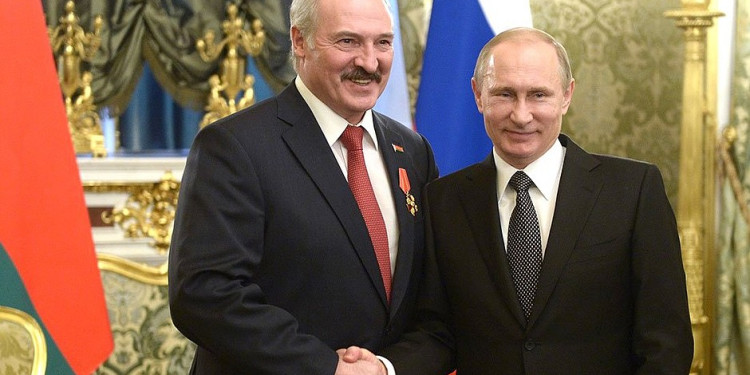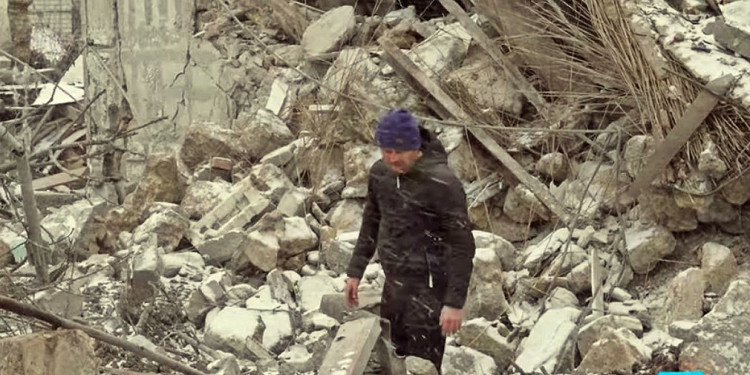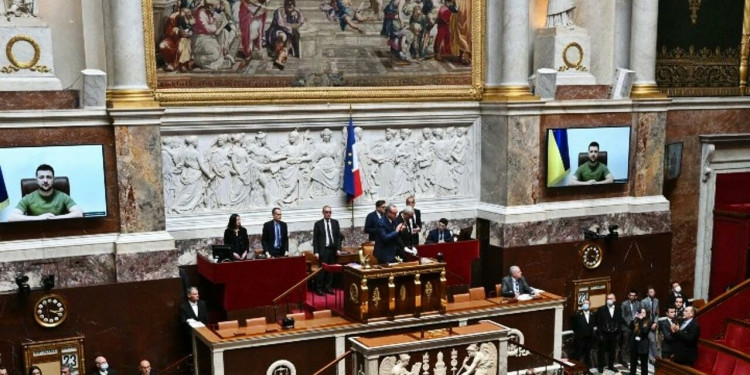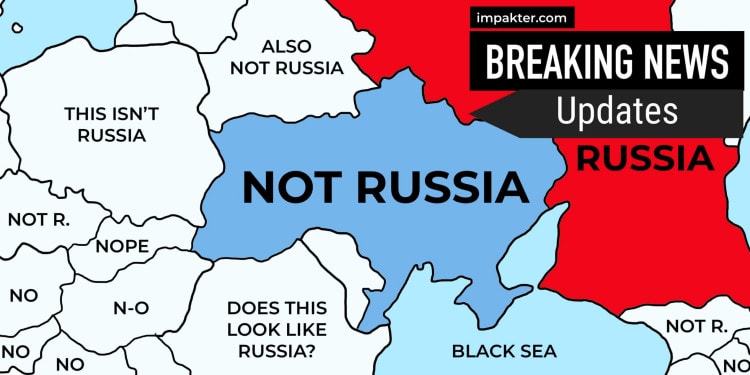The world is in a mess with the war in Ukraine causing a double crisis – in food and energy – while America is falling back fifty years with the Supreme Court repeal of Roe vs. Wade, not to mention the gun situation, with Congress taking a timid step forward and the Supreme Court (again!) taking a big step back. Expect the Supreme Court to deal a death blow to LGBTQ rights and to environmental protection next.
And this morning, when I woke up, I knew I had to write about it – either the disaster in America or the consequences of the war which are being felt worldwide. Already, the rising cost of living has led to 12 days of protest in Ecuador, and that’s just the start of many more similar protests around the world. So I decided that the most pressing and catastrophic issue was the war in Ukraine that is impacting all of us, here in Europe, in America, everywhere.
Something needs to be done about it, and something that works, not like sanctions: They don’t work, they simply act as a boomerang. Indeed, so far, Putin has been the ultimate beneficiary of sanctions as they have raised oil prices, enabling him to fill up his coffers and wage the war unimpeded.
So here is what I wrote and that was published by Impakter today:
How to Address the World Food and Energy Crisis and Putin’s Threats of Nuclear War
The G7 starting today is likely to recommend better “coordination of sanctions” but that is not the solution, a different policy response is needed

The G7 started this morning in a castle in Bavaria and the Ukraine war and sanctions are obviously on its agenda. In advance of this meeting of western leaders to which Russia is no longer invited since 2014 as retaliation for annexing Crimea, Russian President Vladimir Putin announced that he would be “in the coming months” transferring missiles to Belarus capable of transporting tactical nuclear weapons.
To be noted: That country headed by Lukashenko, a long-time friend of Putin’s, located on the northern border of Ukraine, is uniquely well placed to launch missiles on Ukraine’s major northern cities, Kyiv and Lviv. His announcement was punctually followed by bombs falling on Kyiv last night and damaging two buildings, causing two wounded.
In other words: Putin is telling the G7 that he means business. The implied meaning: Once Russia has taken the Donbas, it will turn to the rest of Ukraine, and will take Kyiv, no matter what – even if it takes a nuclear attack.
Does he really mean it? Who knows, opinions differ, but one should clearly take him seriously, more seriously than Merkel and other western leaders, including Trump, have ever done. In that case, what is the solution, and how to move forward?
The expectation is the G7 will make recommendations for better “coordination of the sanctions against Russia”. That would include, of course, the 6th package of EU sanctions, the one especially aimed at Russian oil exports. Because, as we all know, sanctions don’t work unless they are watertight – certainly not the case with this last set of European sanctions that – under pressure from Hungary’s Orban, another one of Putin’s friends – is anything but watertight. In fact, it will become fully applicable only two years from now.
Why the G7 should stop talking about sanctions
Any call from the G7 for “better coordination of sanctions” is pure nonsense, pap to pacify an increasingly angry public.
Because anger is palpable, we are all angry at the rise in energy and food prices, here in Europe, in America and elsewhere – see the problems in Ecuador where indigenous people have protested the rise in the cost of living by putting the capital under siege for 12 days. The situation there has turned into a government crisis and the president is likely to be deposed by the parliament.
And that is only the start. Watch what happens when the food crisis gets in full swing, as some 27 million tons of grain planned for export is stuck in Ukraine. It is believed that up to 4 million tons of grain and oilseeds are in the terminals and on ships stranded in ports, in particular in Odessa, Ukraine’s main port on the Black Sea. And nobody knows quite how to unblock that situation, with the Russian navy camped in front of Odessa and the sea full of Ukrainian mines.
And then there’s the energy crisis. With the spike in oil and gas prices, the biggest winner has been Putin despite the sanctions, whether coming from the US or Europe.
I have deliberately bolded the above sentence because that is the main point here: Sanctions have created a situation that has benefited Putin, filling Russia’s coffers with money and permitting him to happily go on waging his war.
In fact, the ruble has never been stronger – hitting the highest level in 7 years despite the sanctions – whereas the normal expectation would be that a country at war sees its currency weakened. Nothing like that happened because Russia is a petro-state, and if the price of petrol goes up, it gains. And that’s it, pure and simple.
Khodorkovsky, a Russian oil tycoon and former Putin friend, now one of his staunchest critics, has no doubts: As he recently told Politico, sanctions don’t work, “Europe is sabotaging itself”.
What should the EU have done? In his view, it should have secured alternative supplies before moving ahead with an embargo, or even taken another approach entirely, simply imposing tariffs on Russian energy rather than an outright ban.
He’s not the only one who argues like this: several experts from the Bruegel think tank have pointed out that it would have been smarter to impose tariffs since redirecting oil to other countries with the infrastructure currently in place would have been difficult for Moscow. This would have forced Russian energy companies to absorb the higher export costs to Europe, reducing their margins and ultimately cutting into Moscow’s military budget.
The point is this: By “drilling a hole in its own finances”, Europe has become weaker and less able to finance the purchase of more weapons for Ukraine.
Khodorkovsky has no doubts: “The problem is that current Western politicians have never held talks with a gangster,” he said, referring to Putin. “You can only start negotiating with him when he feels like he’s in a weaker position.”
And the sanctions have been a clear boomerang. “How much has the West lost in revenue by introducing all kinds of energy sanctions? $100 billion, $200 billion?” he said. “Had Ukraine got at least $50 billion worth of weapons instead of $10 billion, the situation would be completely different now — without any energy sanctions being introduced.”
The EU revised downward its growth predictions for this year by around 1 percent in April as a consequence of the war in Ukraine that has so far cost some €160 billion, according to recent GDP estimates from the International Monetary Fund. Meanwhile, the EU has set up several tranches of financial aid, now amounting to €2 billion toward the purchase of arms for Ukraine.
Those numbers speak for themselves: One has to wonder what our political leaders were thinking.
If not more sanctions, what should be done?
…
Go to Impakter to read the rest, but I’ll give you a hint: We should use market forces against Putin, flood the oil market to lower energy prices. To find out more about this simple solution, click here.
Let me know what you think!




 by Impakter Editorial Board
by Impakter Editorial Board